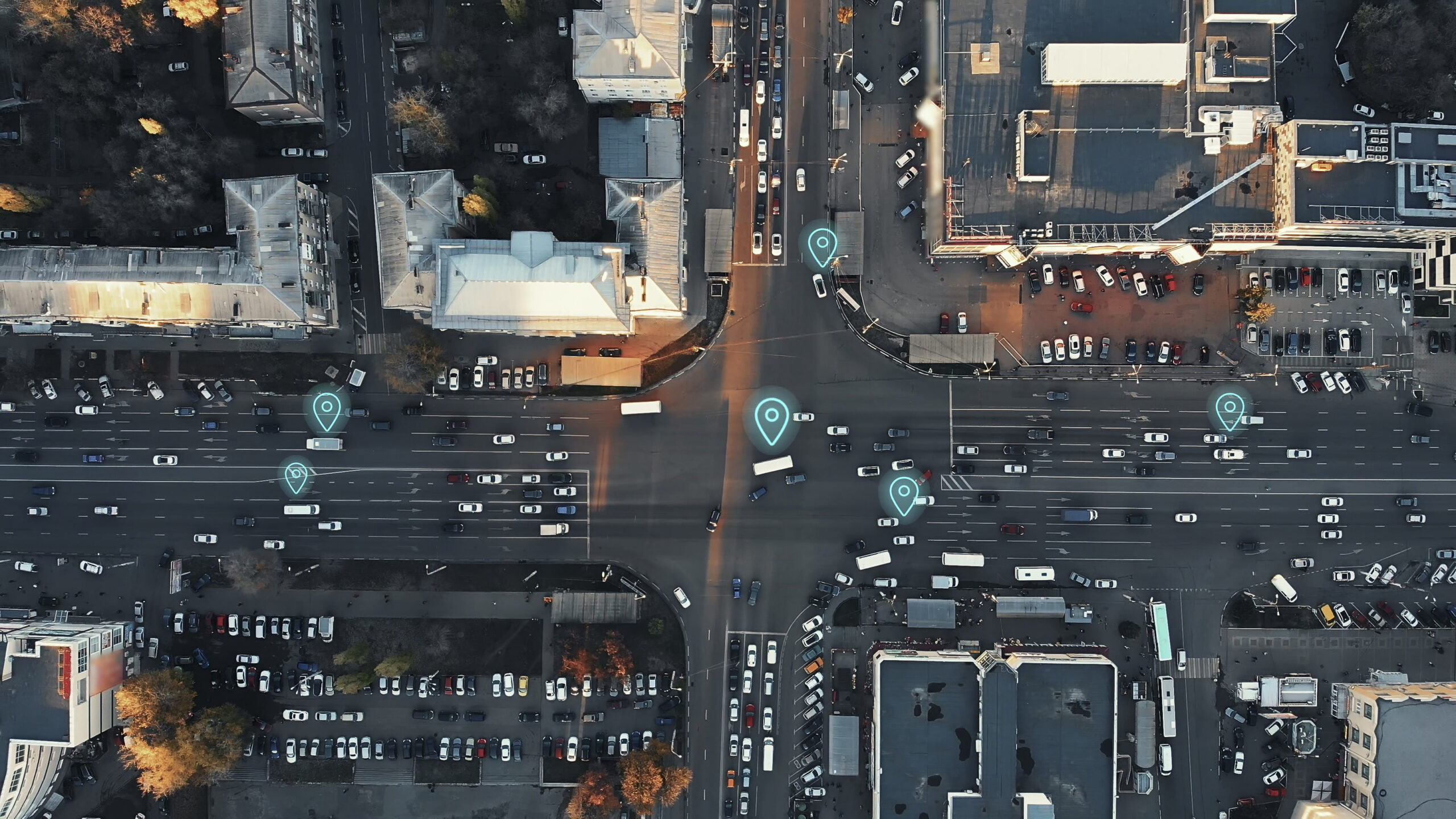Fourth Amendment
-
July 26, 2024
Fourth Circuit Finds No Fourth Amendment Search in Chatrie Geofence Warrant Case
In a split opinion, the Fourth Circuit ruled in United States v. Chatrie that the government did not conduct a Fourth Amendment search when it obtained two hours’ worth of Google Location History data pursuant to a geofence...
Emma Bourgeois, Daniel de Zayas, Steve Lane

-
October 28, 2022
Another Geofence Warrant Knocked Down
Adding to the growing number of courts that have struck down the procedures that Google and law enforcement have put in place for “geofence warrants,” a California trial court recently suppressed evidence obtained via such a...
Bart Huff, Daniel de Zayas

-
June 3, 2022
Administrative Requirement for E-Scooter Location Records Not a Fourth Amendment Search
In a civil case interpreting Carpenter, the Ninth Circuit has ruled that Los Angeles did not run afoul of the Fourth Amendment by requiring e-scooter service providers to disclose historical scooter location records as part...
Steve Lane, James Orenstein, Bart Huff

-
May 26, 2022
Federal Geofence Search Warrant Decision Emphasizes Need for Particularity
In a long-awaited decision, a federal court in Virginia ruled in United States v. Chatrie that a geofence warrant violated the Fourth Amendment, but that the fruits of the unconstitutional search could nevertheless be used...
Maddie Rana, Daniel de Zayas, James Orenstein

-
March 16, 2022
Virginia State Court Rules Geofence Search Warrant Unconstitutional
In a recent order, a Virginia state court rejected an application for a geofence search warrant for insufficient probable cause and particularity. Geofence warrants—also known as “reverse location” searches—are an increasingly popular investigative tool that...
Daniel de Zayas, Maddie Rana, Bart Huff
